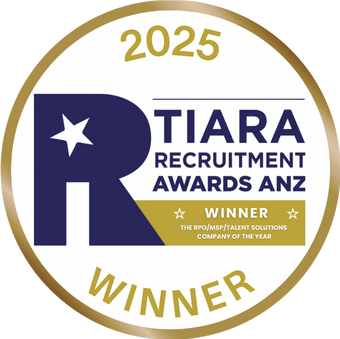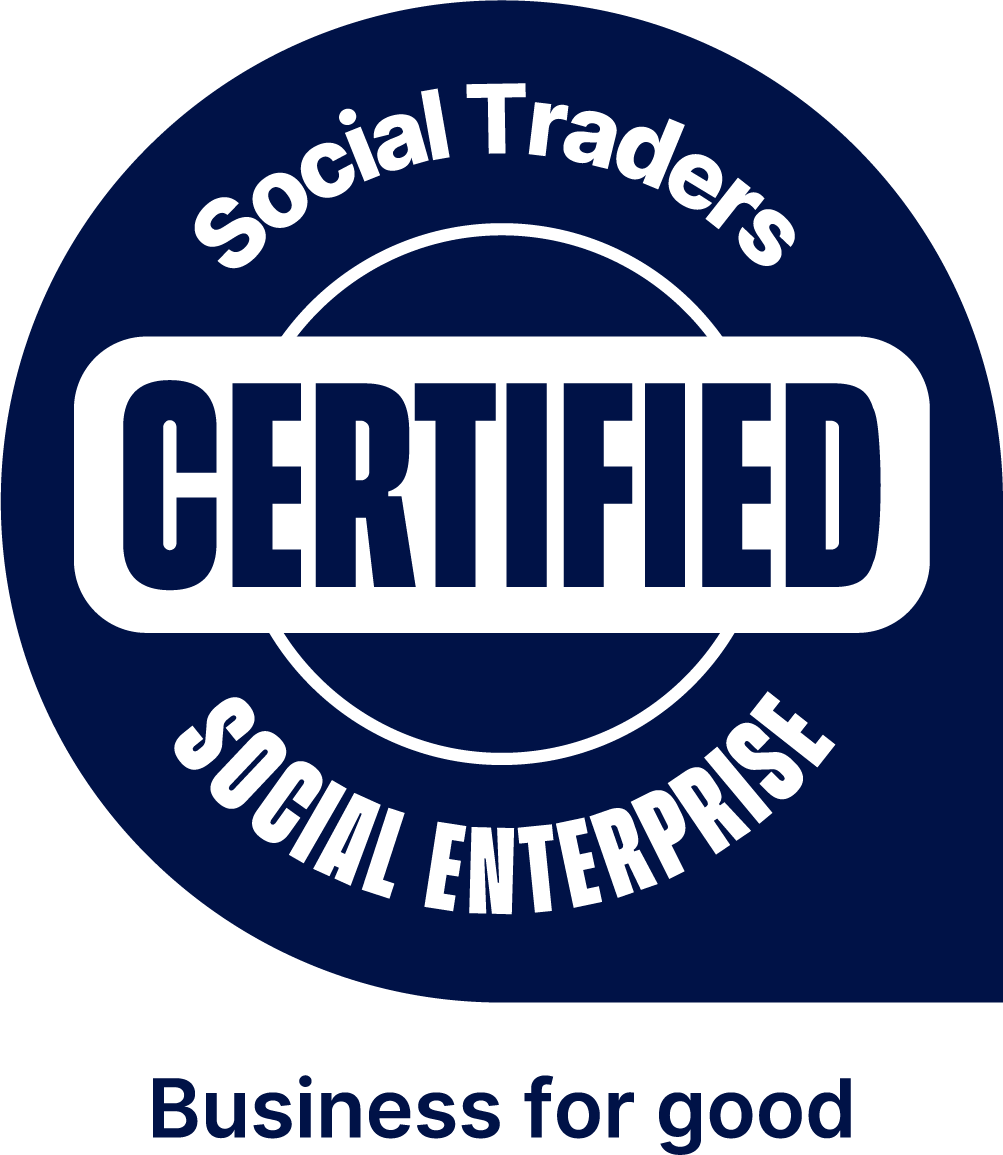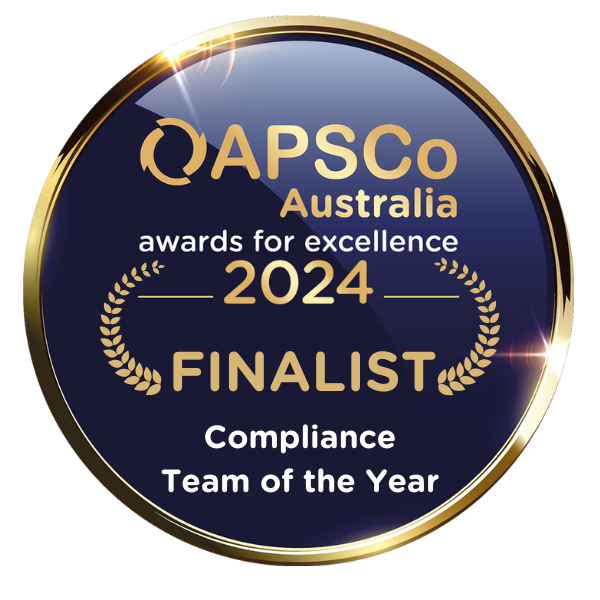Introducing Propel+ Compliance Reporting Solution
Unlock Seamless Compliance Reporting with Chandler Macleod Propel+ Reporting Solution.
Are you tired of grappling with complex compliance reporting processes? Welcome to Chandler Macleod Propel+, your easy to use compliance reporting solution.
Why choose Propel+ Compliance Reporting?
Effortless Compliance Reporting Automation
Say goodbye to manual data entry and tedious paperwork. Propel+ harnesses the power of automation to streamline your compliance reporting processes, saving you time and resources.
Comprehensive Compliance Coverage
Stay ahead of evolving regulations effortlessly. Propel+ is designed to adapt to changing compliance requirements, keeping your business consistently aligned with industry standards.
Custom Compliance Dashboard
Visualise your compliance data using our custom dashboard. Our intuitive dashboard provides real-time insights, empowering you to make informed decisions and strategise effectively.
Collaboration Made Easy
Facilitate seamless communication and collaboration within your team. Propel+ allows for efficient sharing of compliance data, ensuring everyone is on the same page.
Don't wait until the last minute to address compliance concerns. By investing in our reporting solution now, you're not just meeting legal requirements; you're fostering a safer and more inclusive workplace culture. Express your interest in a free demo or fill out the contact form below for a confidential conversation today.

Book a free consult
Our managed training service is a vendor neutral managed concierge service that takes care of all your training administration and logistics. We provide support to your current LMS and provide peace of mind that your compliance training requirements and records are up to date.















